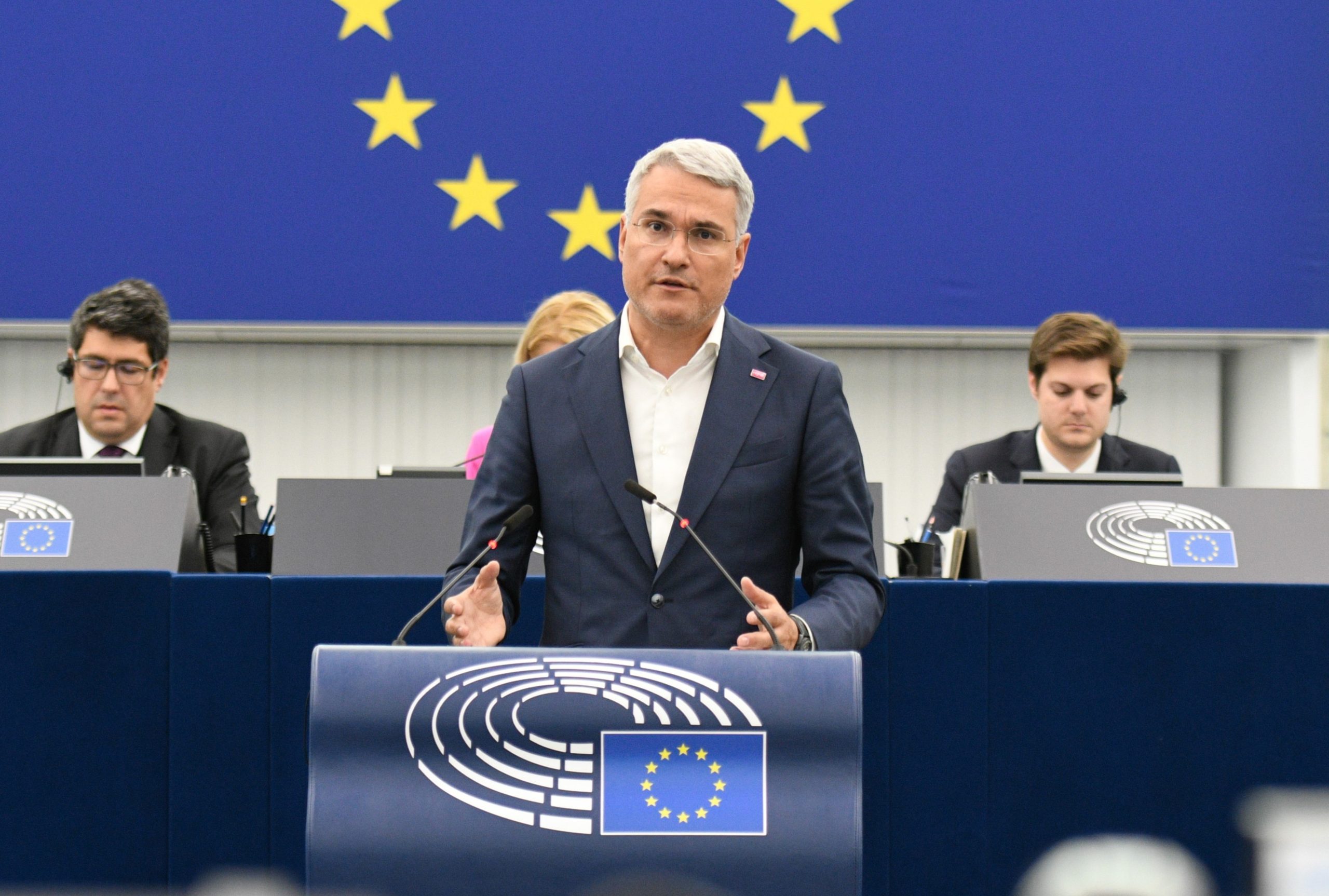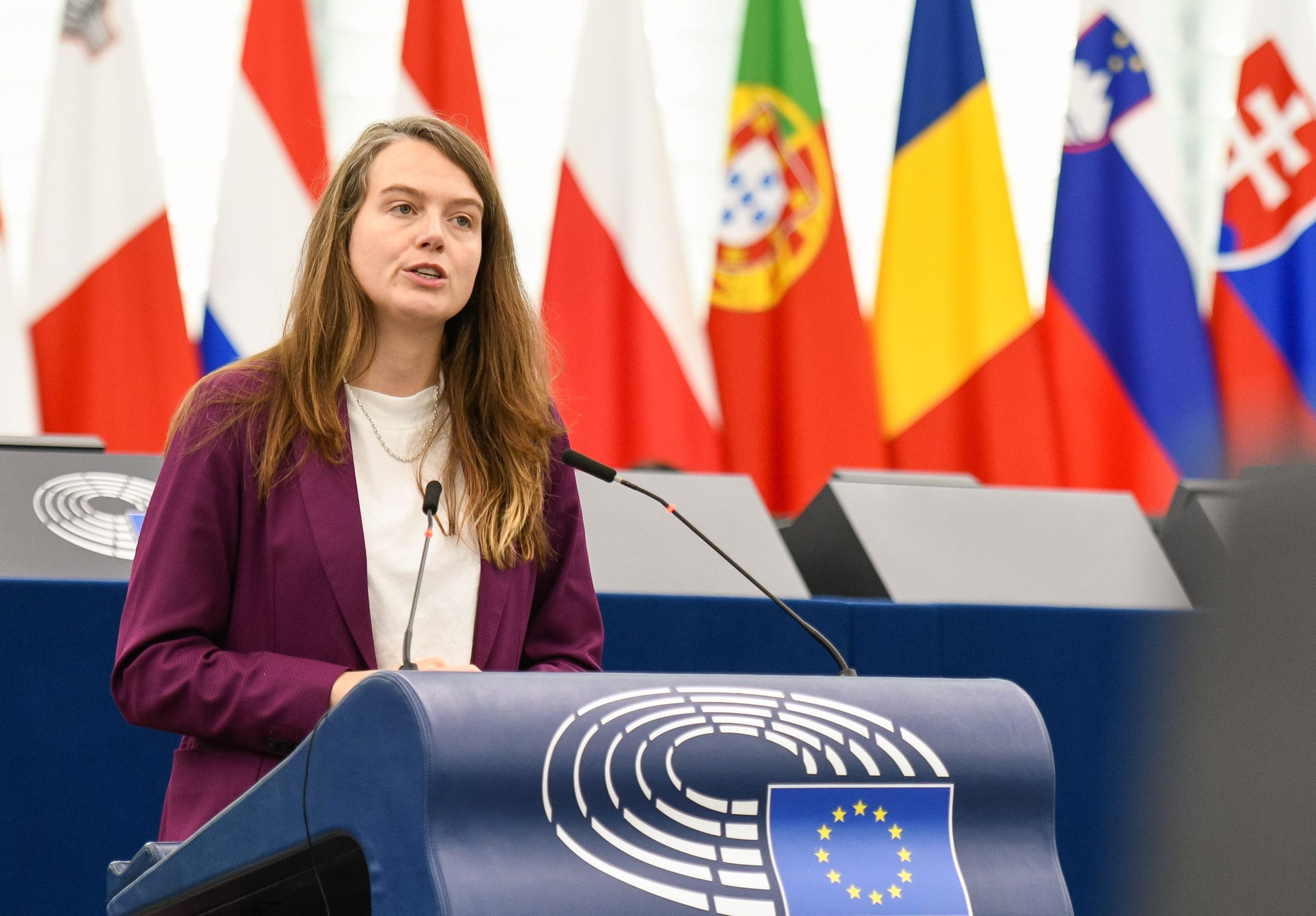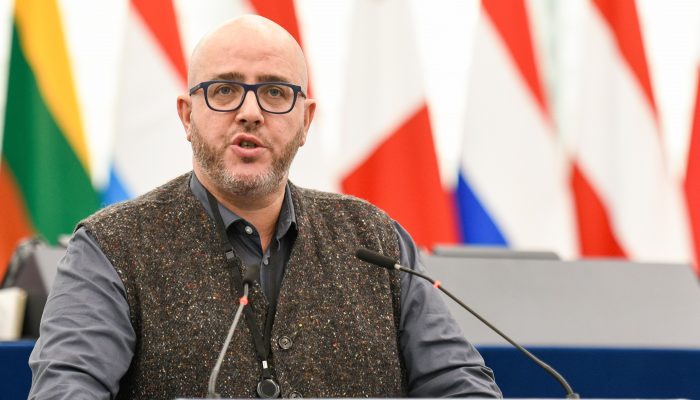
“Set strong rules now!”
Commission under fire from MEPs.

This month’s European Parliament plenary played host to a debate on “Mental Health at work”, following the submission of an oral question to the Commission from the entire employment committee, and the publication of a parliamentary report on the mental health epidemic.
Report: Legislative gaps and how to address them
The aforementioned report, requested by the European Parliament's Committee on Employment and Social Affairs (EMPL), clearly states that legislation would improve the situation, and “create greater uniformity across Member States, setting minimum standards and ensuring that legislation covers new and emerging psychosocial risks”. Based on the analysis conducted for this study, an EU directive on work-related psychosocial risks should:
- Distinguish between 'psychosocial risks' and 'mental health’.
- Refer to psychosocial risks in concrete and specific terms.
- Address psychosocial risks related to telework and digitalisation of workplaces.
- Recognise the right to disconnect.
In addition, the legislation should be universally applicable to all workplaces, whatever the sector or size of company and supplemented with support for awareness raising and training.
Going further, the report highlights that minimum standards for Member States laid down by the Directive could include the following elements:
- Employers should be obliged to internally assess the psychosocial risks, in cooperation with their employees, or employees' health and safety representatives.
- Employers should be obliged to also pay special attention to potentially vulnerable employees.
- External health and safety inspectors should be given clear guidelines for psychosocial risk assessments.

Our longstanding argument that many workers are left in limbo is supplemented through this report, which states that a directive would “require all Member States to transpose minimum standards into their national legislation. This would ensure that all workers across the EU have access to basic protection and support for their mental health”.
Based on the findings of this report, the EMPL committee wrote to the Commission, posing the questions; What legislative actions will the Commission undertake to reduce harmful psychosocial risk factors at work? Will the Commission commit to creating a legislative framework specifically aimed at preventing and addressing the psychosocial risks in order to safeguard the mental health in the workplace of all workers? Will the Commission propose a legislative initiative on AI in the workplace to ensure appropriate protection of worker’s rights and well-being? and Does the Commission plan an initiative to ban the surveillance of workers?
"Once again, both research and MEPs support our call for action. The Commission must deliver a directive, with workers left in the lurch with each day that passes"
- Eurocadres President Nayla Glaise
MEPs take the Commission to task
On October 18th, MEPs debated the above report and oral question, but in the absence of Commissioner for Jobs and Social Rights Nicolas Schmit and Commissioner for Health Stella Kyriakides.
With Internal Market Commissioner Thierry Breton present, EMPL committee chair Dragoș Pîslaru (RE, RO) outlined that “we have unequal legal protection for workers” in regards to psychosocial risks, asking the Commission once again to consider legislation to protect workplace mental health, while also calling for a legislation initiative on AI in the workplace. Pre-empting the Commission response, the “Comprehensive Approach to Mental Health” initiative was referenced, with the chair stating that “we have to be more ambitious”.

Both the EPP and S&D representatives for this debate reaffirmed this position, with Maria Walsh (EPP, IE) asserting that “only by firmly placing psychosocial risk aspects at the heart of the European occupational health and safety framework will we create tangible benefits for workers”, while Estrella Durá Ferrandis (S&D, ES) called on the Commission to “put forward a legislation on psychosocial risk diseases in the workplace … and regulate AI at work”.

Kim van Sparrentak (Greens/EFA, NL), a continued ally in the call for both legislative initiatives, best described the role of the Commission in outlining that “people need to be protected at work, so we need to set strong rules”. José Gusmão (Left/PT) left the issue firmly at the Commission’s door in calling for “a clear response to the demands we have made”.
While MEPs mentioned the other issues that impact workers’ mental health – with Chris MacManus (Left/IE) speaking on the need to protect workers from the cost of living crisis and in housing – not one speaker argued with the need for legislation regulating work-related psychosocial risks and AI at the workplace.

Unfortunately for MEPs, civil society and the debate itself, Commissioner Breton meekly outlined the “common understanding on the importance of this topic”, while promising to refer the debate to his colleague, Commissioner Schmit.
What comes next?
This is the third, and most overt, instance of the Parliament calling for a Commission proposal, and while it comes towards the end of the college mandate, this does not negate the obligation the Berlaymont has to respond.
What has become clear is that the Commission’s “Comprehensive Approach to Mental Health” is insufficient, as we outlined in our immediate reaction.
In the Parliament’s report, it was noted that data is trending in the wrong direction, with “almost half (45%) of workers report exposure to risk factors that can adversely affect mental well-being”. This is not the first report calling for action to be taken, yet none has been forthcoming.
Eurocadres will continue to push the Commission for this proposal, backed by cross-party support in the European Parliament and the European Economic and Social Committee (EESC). Many Member States have made clear that this initiative is needed, with workers falling between the legislative gap every day while we await the text.
The European elections will provide an opportunity to place scrutiny on the next college agenda, which must answer the call of trade unions, workers, the Parliament and others in addressing this growing health epidemic.
You can watch the contributions from members in full here.
